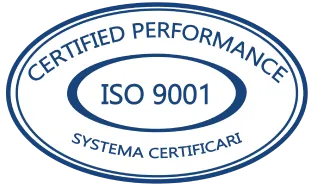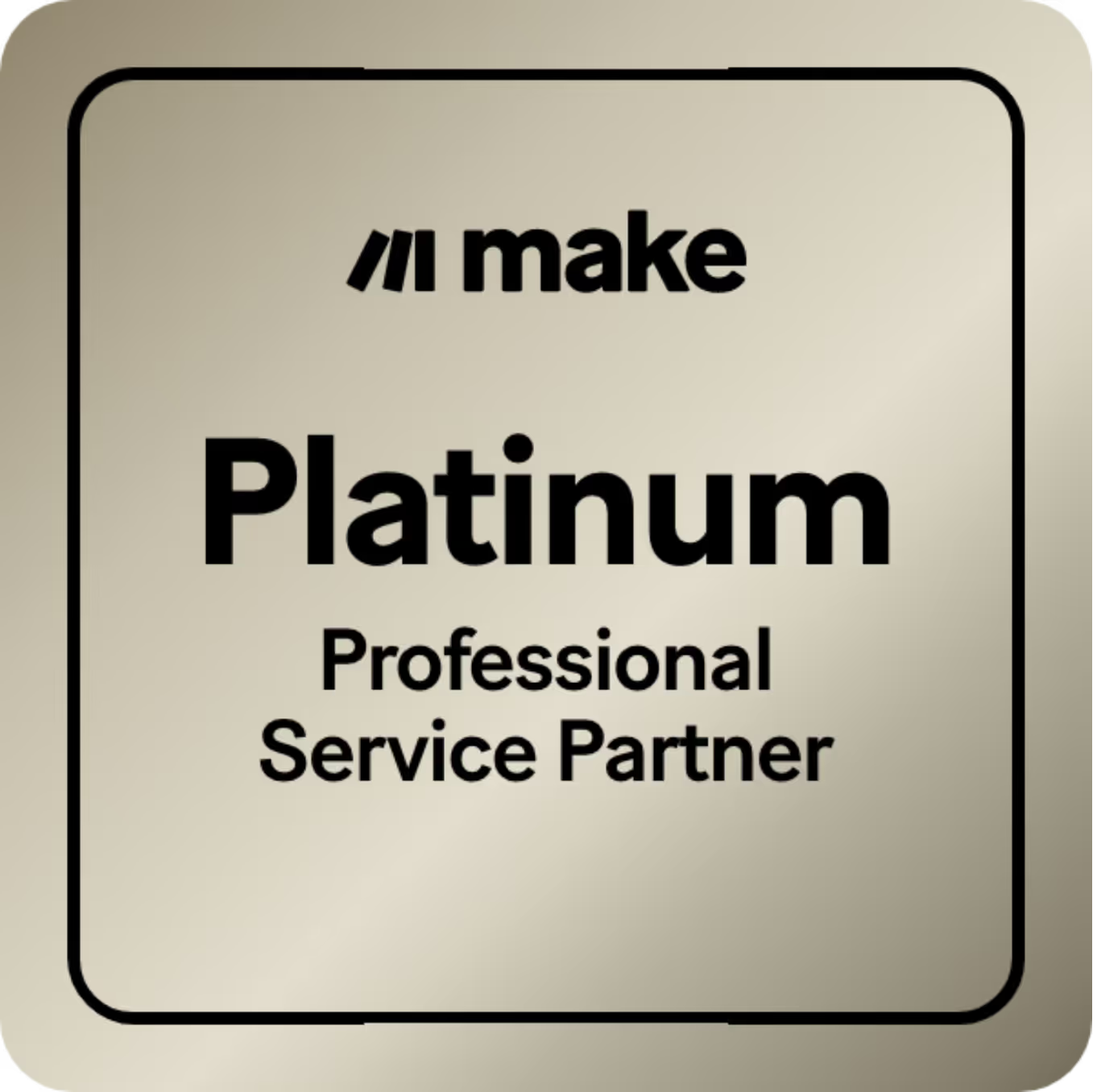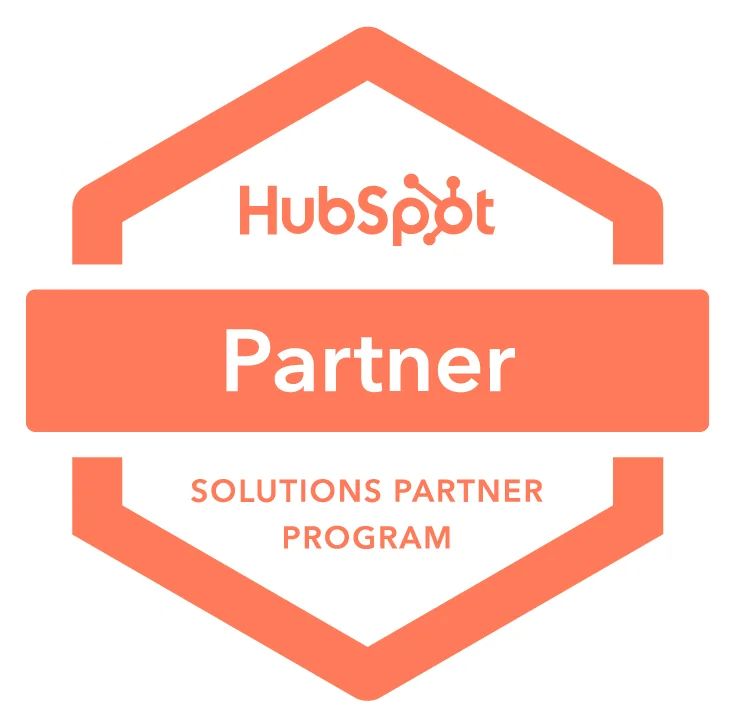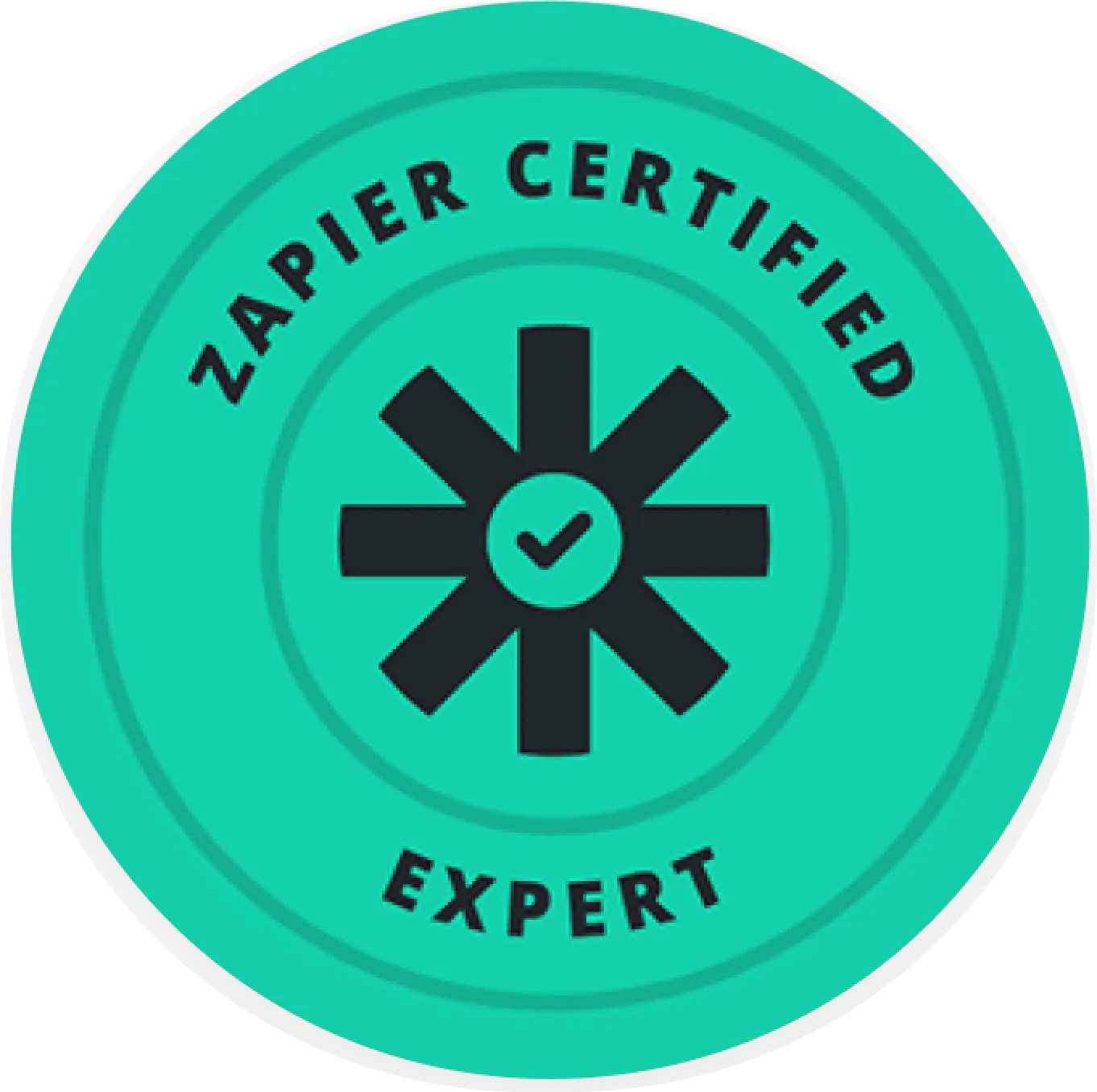Automation of Processes and Customer Journeys
Automate workflows and manage customer journeys with ease. Connect your tools, trigger actions, and deliver timely responses to keep your processes running smoothly.

A customer places an order on your website.

Add customer to a post-purchase email series with order confirmation, shipping updates, and recommendations.

Send a personalized thank-you email with order details and delivery date.

Alert the team to start order fulfillment.


Are you..
Looking to automate customer journeys and streamline key business processes?
Struggling to connect tools and automate customer interactions across multiple platforms?
Seeking a clear plan to improve your customer experience through automation?
Wanting more control over how your business manages customer touchpoints and processes?
Ready for expert guidance to optimize your automation and scale your operations?
If the answer is “Yes” to any of the above, you are in the right place.
What is Automation of Processes and Customer Journeys?
Automation of process and customer journey uses advanced tools and technology to streamline your workflows and customer interactions, enabling you to deliver faster, more personalized experiences while reducing manual effort.
Here’s what it typically includes:
- Automates customer communications and responses
- Streamlines workflow management and task automation
- Optimizes lead nurturing and customer engagement
- Provides insights to improve decision-making and customer experience

A customer places an order through your website or store.

Send a confirmation email with order details.

Send a notification SMS once the order is dispatched.

Send an email request for a product review or satisfaction survey once the product has been delivered.
Why Automation of Processes and Customer Journeys help you?

Cut operational costs
Thanks to a standardized and automated onboarding process, training is successful every time.

Scale effortlessly
Thanks to a standardized and automated onboarding process, training is successful every time.

Boost efficiency
Thanks to a standardized and automated onboarding process, training is successful every time.

Maintain business continuity
Thanks to a standardized and automated onboarding process, training is successful every time.

Access expert guidance
Thanks to a standardized and automated onboarding process, training is successful every time.

Stay ahead of the competition
Thanks to a standardized and automated onboarding process, training is successful every time.
Makeitfuture expertise
Backed by industry-recognized certifications and performance metrics



.avif)



Clients
Automations
Years of experience
Customer journey use-cases to grow your business
Streamline lead tracking, automate customer communication, and manage sales pipelines with these examples.
How it works
We help you automate processes and customer journeys, ensuring everything runs smoothly and meets your specific business goals.
Initial call
We start by understanding your business, with the entire processes and system it's build on and the needs you have.
Planning & Proposal
We identify key touchpoints, triggers, and actions that will automate your customer journeys. We define the scope of automation, address your needs, and provide a clear action plan.
Implementation
We set up and test your automation flows. Once everything’s in place, we ensure the system works seamlessly, so you can start using it immediately to improve your processes and customer experience.
Go-Live & Maintenance
We monitor the latest trends in automation and continuously refine your processes. Our goal is to help you evolve towards autonomous use of automation tools, providing ongoing support as your needs grow.
FAQs about Automation of Processes and Customer Journeys
Automation streamlines customer interactions by triggering personalized actions based on predefined triggers. This ensures timely responses, consistent communication, and a seamless experience throughout their journey.
No technical expertise is required. Our team handles the setup, testing, and integration of automation tools to ensure smooth implementation, allowing you to focus on running your business.
Automation eliminates manual tasks, reduces human error, and speeds up workflows, leading to cost savings. You only pay for the automation tools you need, optimizing your resources without additional infrastructure costs.
Yes, automation is flexible and scalable. As your business grows, we adjust your automation processes to accommodate more complex workflows and customer interactions, ensuring smooth operations at every stage.
We track key metrics such as response time, customer satisfaction, and process efficiency. Regular evaluations and updates ensure your automation continues to meet your objectives and adapts to evolving business needs.


















.png)
.png)
